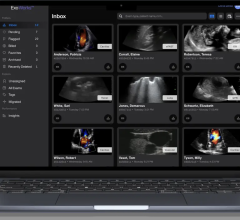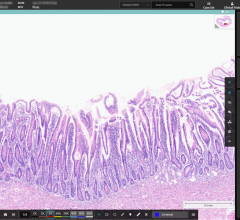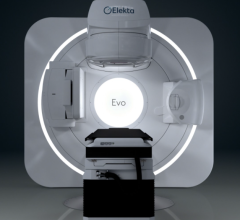
February 2, 2022 — Urgent and immediate action must be taken to ensure more effective and equitable implementation of cancer screening, according to a report released today by the President's Cancer Panel. The Panel's report, Closing Gaps in Cancer Screening: Connecting People, Communities, and Systems to Improve Equity and Access, finds that too many Americans — particularly those in communities of color and socially/economically-disadvantaged populations — are presenting with more advanced disease at the time of diagnosis, enduring aggressive treatment, or dying from cancers that could have been detected at earlier, more treatable stages. Additionally, the Panel found that many people do not receive timely, appropriate follow-up care after an abnormal result. The Panel concludes that more effective and equitable implementation of cancer screening can and will save lives and reduce the burden of cancer.
The Panel noted that at one point during the COVID-19 era, the U.S. experienced a 90-percent reduction of cancer screenings. "While screening rates were not high enough prior to 2020, during the pandemic, cancer screenings such as mammograms, colonoscopies, HPV and PAP tests, and lung cancer screenings were postponed or canceled, in many cases labeled as 'elective.' We must correct the misperception that cancer screening is 'elective,'" said John P. Williams, M.D., chair of the President's Cancer Panel. "We need to learn from the time of disruption and seize this time of opportunity because the long-term impact of missed or delayed screenings is that more people will die from cancer."
The report acknowledges there is no single barrier responsible for gaps in cancer screening uptake; some barriers are specific for a certain cancer type, while many reach across all types of cancer screening. These include lack of awareness or understanding, lack of provider recommendation, logistical challenges, fear and stigma, and concerns about cost.
The Panel sought input from stakeholders in multiple sectors who participated in a series of working groups that informed the development of the report and the Panel's recommendations. The Panel's report outlines a multipronged approach to connect and support people, communities, and systems for cancer screening and follow-up after an abnormal result.
The Panel identified four critical goals and related recommendations to ensure the benefits of cancer screening reach all populations:
- Improve and align communication through communications campaigns and expanded National Cancer Roundtables;
- Facilitate equitable access by providing and increasing funding for community-oriented outreach and support, including robust engagement of community health workers and increasing patient access to self-sampling;
- Strengthen workforce collaborations by empowering all members of the healthcare team to support cancer screening and expand access to genetic testing; and
- Create effective health IT to make systems work better for providers and patients by creating computable guidelines and clinical decision support tools.
For more information: https://prescancerpanel.cancer.gov/report/cancerscreening
Related content on lung cancer screening:
Racial/Ethnic Disparities Persist in Lung Cancer Screening Eligibility
Primary Lung Cancers Detected by LDCT are at Lower Risk of Brain Metastases
Physician and Patient Groups Call On CMS to Update Medicare Lung Cancer Screening Coverage
USPSTF Expands Lung Cancer Screening Eligibility Thresholds
Low-dose CT for Lung Cancer Screening: Benefit Outweighs Potential Harm


 May 20, 2024
May 20, 2024 








